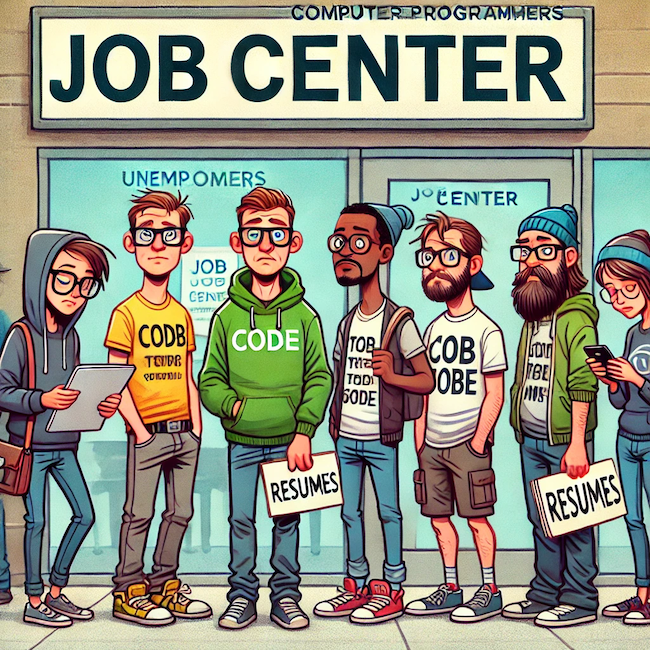Polyglots In The Unemployment Line
Your organization’s latest effort to standaridize on a development platform is going about as well as its last one, and the one before that.
Fifteen years ago, you heard Sharepoint would be the new development platform, that it had been decided. A couple years later, you heard it was Oracle’s AXIS. Three years later, it was Drupal. More recently, Python. On they preached, each time, about the paradise we’d live in, if you all did things the same way.
“Consider the vendor support,” said the check writers.
“Consider the ecosystem,” said the open sourcers.
Consider, you thought, reality.
In fact, each of these platforms spawned successful projects in your org. The cost of rewriting or replacing them is never worth it. You still want to maintain them and integrate with them. This is the real, multilingual environment you live in, where diversity of platform, as it happens, has positive implications for both security and innovation.
But the calls for a language monoculture persist. And here’s the kicker. They are becoming less relevant, not more. The most oft-given reason for standardizing on language is available talent pool. This itself changes every five years. But in the face of an Artificial Intelligence revolution that threatens to make coders themselves obsolete, will language even matter? We’re already seeing how AI is helping developers traverse language ecosystems with relative ease.
AI is quickly making polyglot programmers of us all… even those without any prior coding experience. It doesn’t take much imagination to realize the ultimate impact of this. Planning future hires based on language fluency is fast becoming a quaint Human Resources idea. Nostalgic, really. The Old Way. Remember when the resources we needed were human?
The robots are coming. They’re already here. Don’t worry about programming language. Worry about your job. Everything is about to change.
